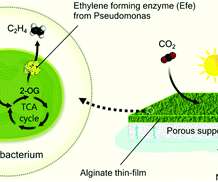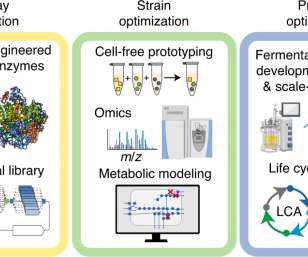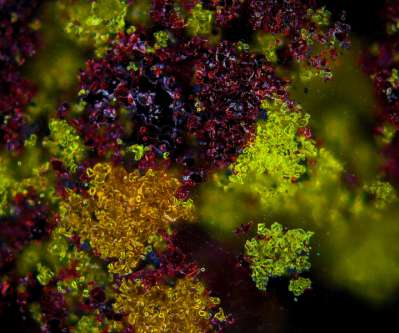Startup licenses ORNL technology for converting organic waste to hydrogen
Green Car Congress
AUGUST 17, 2019
The technologies work as a system that converts organic waste into renewable hydrogen gas for use as a biofuel. The system combines biology and electrochemistry to degrade organic waste—such as plant biomass or food waste—to produce hydrogen. —Alex Lewis, CEO.






































Let's personalize your content